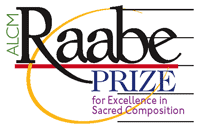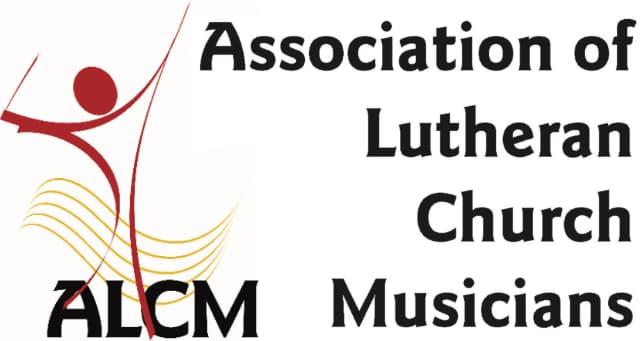Raabe Prize for Excellence in Sacred Composition

 The Association of Lutheran Church Musicians is pleased to announce that Mark Sedio is the recipient of the 2025 Raabe Prize for Excellence in Sacred Composition for his choral submission, “Nada me falta.”
The Association of Lutheran Church Musicians is pleased to announce that Mark Sedio is the recipient of the 2025 Raabe Prize for Excellence in Sacred Composition for his choral submission, “Nada me falta.”
The selection committee, headed by Dr. Thomas Schmidt, included the following comments regarding “Nada me falta” in their report to the ALCM board:
“Among the 48 entries in the Raabe Competition this year, there were quite a number of excellent compositions. The committee had a lively and fruitful discussion and came to a unanimous consensus. The winning piece, “Nada me falta” by Mark Sedio, is an infectious bilingual setting of Psalm 23 accompanied by organ and percussion. It employs a refrain that can be sung by the congregation, has varied verses for SATB choir, and is well constructed throughout. We see it being used widely in our congregations.”
The Raabe Prize for Excellence in Sacred Composition is awarded every two years for a single musical work, published or unpublished and written within the last five years, that reflects a larger history of excellence on the part of the composer. Dr. William and Pr. Nancy Raabe of Philadelphia endowed this prize in 1999 to recognize and encourage significant accomplishments in composition contributing to the body of sacred music for the church in the Lutheran heritage. In 2016 the Raabes funded an expansion of the Raabe Prize to support additional projects.
While any sacred piece may be submitted, preference is given to those compositions which grow out of, but are not necessarily restricted to, the worshipping assembly of the baptized who gather around Word and Sacrament. Works that include the voice or voices are preferred over those for instruments alone. The composer need not be Lutheran nor a member of ALCM. The $2,000 monetary award is shared equally by the winner and a musical or ecclesiastical organization chosen by the composer.
The Raabe Prize is established to recognize a recent musical work that promotes and extends the practice of church music as it is informed and shaped by Lutheran theological insight and worship practices. The composition so recognized will have been written during the five-year period prior to the year in which the prize is awarded and should be representative of a larger body of work by the composer. Preference will be given to those compositions that grow out of the heart of Lutheran worship – the song of the assembly that enables all to lift their voices in prayer, praise, and proclamation as they gather around Word and Sacrament.
